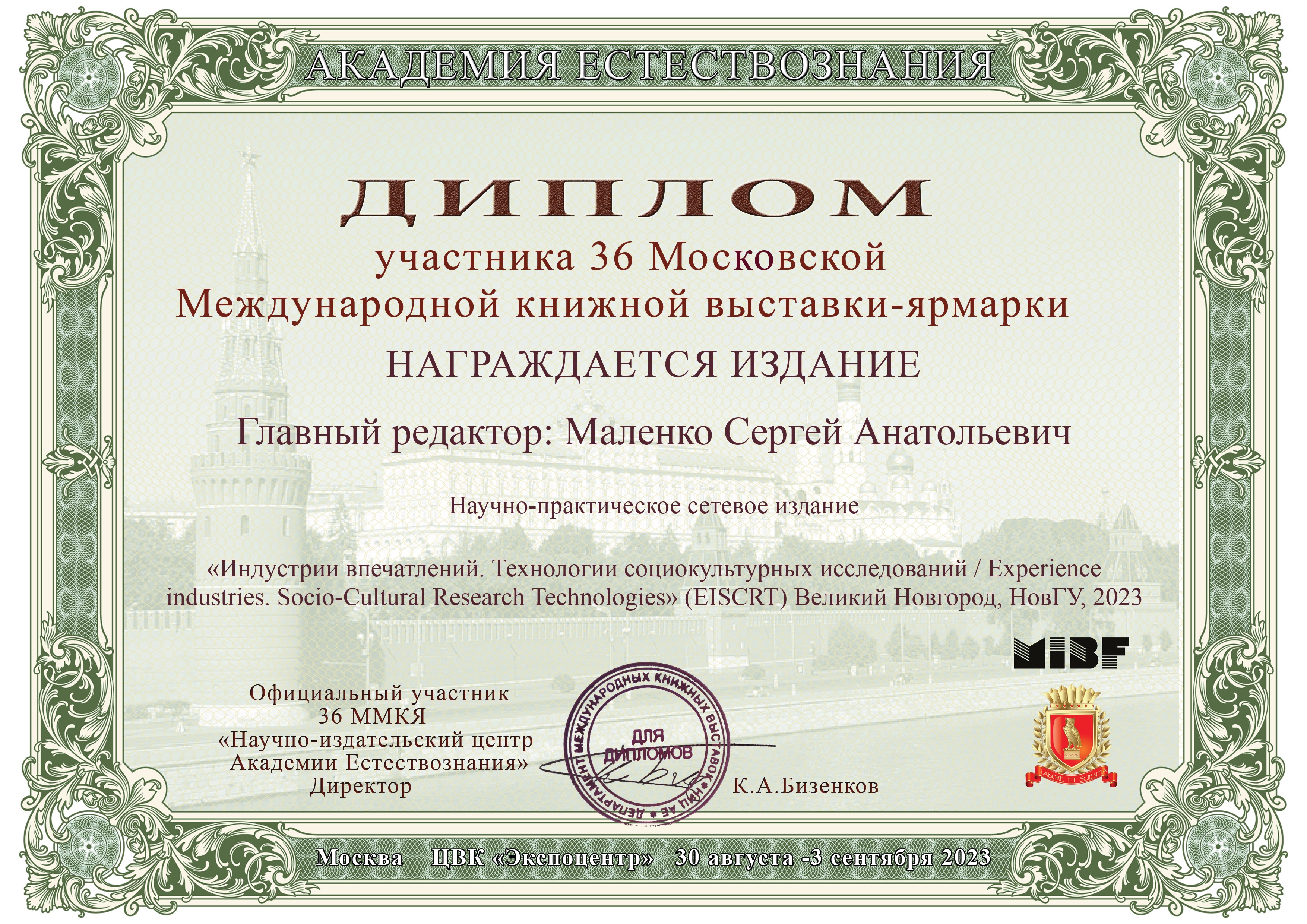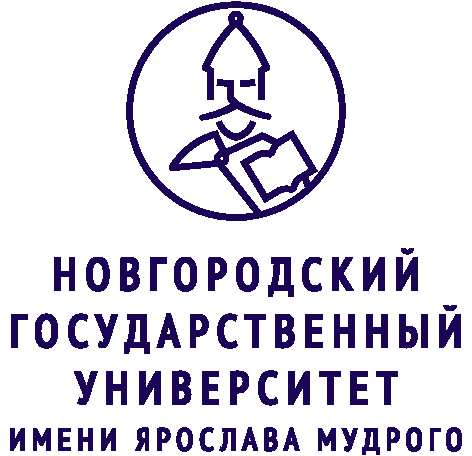С ЮМОРОМ О ТРАНСПОРТЕ И ДИКИХ КАБАНАХ: КАК ИНТЕРЕНТ-МЕМЫ ОТРАЖАЮТ ЛОКАЛЬНУЮ КУЛЬТУРНУЮ ИДЕНТИЧНОСТЬ ГОРОДОВ РОССИИ
DOI:
https://doi.org/10.34680/EISCRT-2025-2(11)-180-211Ключевые слова:
мемы, интернет-мемы, локальные сообщества, городские мемы, культурная идентичность, медиакультура, социальные сети, интернет-коммуникация, визуальный контентАннотация
Несмотря на колоссальную популярность мемов в Интернете, в процессе изучения указанного феномена продолжают выявляться новые интересные аспекты, особенно это касается локальных мемов. Они возникают в определенном круге людей и потому понятны только ограниченному числу Интернет-пользователей. В контексте проблематики настоящей статьи термин «урботекст» можно рассматривать в качестве обозначения мемов, которые символически объединяют жителей городов. В статье рассматриваются особенности интернет-мемов, в настоящее время распространяемых в сетевых сообществах нескольких крупных городов России (Ростов-на-Дону, Краснодар, Новосибирск, Омск). Локальная мемная культура специфически отражает типичные городские проблемы, включающие дорожные пробки, плохую работу общественного транспорта, маргинализацию окраин, наркоманию и так далее. При этом автором исследования обнаружены некоторые общие мемы, которые используются в разных городах для определения основных местных социальных проблем. Однако чаще всего в мемах используется специфический юмор, свойственный той или иной конкретной местности. Авторский анализ показал, что сообщения с мемами в общегородских сообществах чаще получают одобрительные реакции пользователей, особенно в тех случаях, когда они используются ситуативно, подчеркивают конкретный инфоповод, тем самым действительно отражая специфику культурной идентичности жителей. Кроме того, мемы позволяют посмотреть на типичную проблему под нестандартным углом, то есть помогают по-новому переосмыслить процессы, происходящие в том или ином городе. Поскольку на сегодняшний день мемы обладают высоким виральным эффектом, нам представляется, что их можно активно использовать для распространения информации о городских социальных проектах, направленных на решение локальных проблем.








